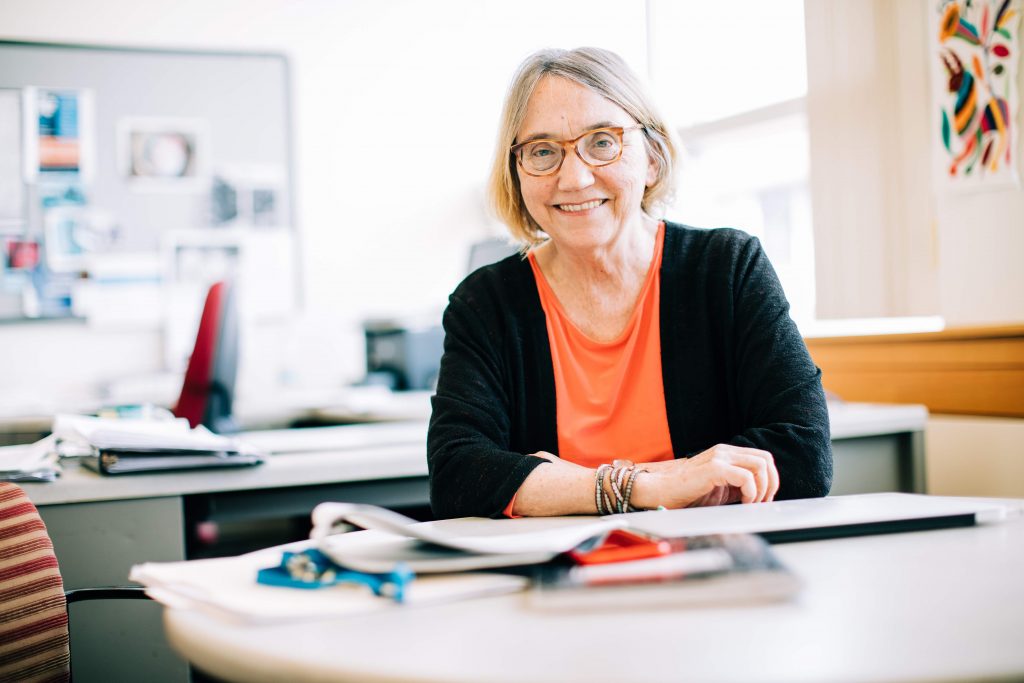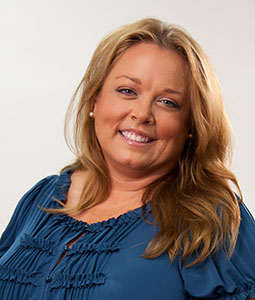[Editor’s Note: This issue’s Conversation features an interview with Melissa Reitmeier, PhD. Dr. Reitmeier is chair of the Council on Social Work Education’s Council on Field Education. She is also director of field education and an associate clinical professor at the College of Social Work, University of South Carolina.]
Suzanne Sankar: The Council on Social Work Education (CSWE) has mobilized to acknowledge and respond to the challenges faced by field educators during the global pandemic. We’re interested to learn your thoughts about possible lasting impacts of the pandemic on field education.
Dr. Reitmeier: Although the pandemic presented significant challenges for field education, it also inspired many innovations that I am hopeful will be long lasting. I’ve learned about the range of problems encountered by programs representing varying demographics and circumstances, and I’ve been moved by the integrity and ingenuity exhibited during difficult times. I truly believe our field directors, coordinators, liaisons, and community field instructors are the unsung heroes of this pandemic. My hope is that we are capturing lessons learned, and that data is being collected that can be used to demonstrate effectiveness in the new field education modalities and innovative processes that have been developed in response to the pandemic.
SS: Do you anticipate that remote learning field placements are here to stay?
MR: We have an opportunity to define several terms operationally, including “remote,” “virtual,” and even “simulation.” Currently, there exists great liberty within and a range of definitions for these terms (allowed due to COVID-19 interpretation by COA). Future CSWE EPAS guidance may be warranted to provide direction and ensure consistency across programs in the assessment of competency attainment, and to ensure that students learn to practice effectively with vulnerable populations. Personally, I feel we have a responsibility to ensure (through assessment) that we are training social work students to become effective social work practitioners who can help our most vulnerable populations. Overall, it’s important that we come to an agreement as a collective constituency about what is pedagogically acceptable for field education.
SS: Is CSWE likely to create policies about the percentage of time students are allowed to spend in virtual placements?
MR: Comparing the 2015 CSWE EPAS to the first draft of EPAS 2022, the words “in-person” have been removed from the number of field education hours required by BSW (400) and MSW programs (900). Many field educators are left wondering what this means. As a reminder, the words “in person” did not appear in EPAS 2008. I believe by deleting this language from the proposed EPAS 2022, the intention is to not limit the accrual of supervised field education hours to clinical practice or 1:1 instruction. As we know, the social work “client” can be an individual, group, family, community, or organization. I believe the intention is for the new 2022 EPAS to be more generalist friendly, rather than the intent being to open the floodgates for any old type of modality. However, clarification from CSWE and the Commission on Accreditation will be paramount as we work through the editing process for EPAS 2022. Moreover, this is a reason why our field constituency needs to have an active voice regarding program needs and desires, and evidence-based models of field education.
SS: Educational Policy 2.2 (field education as the signature pedagogy of social work education) is slated for revision in the 2022 EPAS. The recommended revision states, “The field education director contributes to the curricular administration and governance of the program.” How will expectations for the field director’s role change if this revision is adopted?
MR: BSW and MSW programs across the nation vary in how the field director position is classified. In some schools, the field director has faculty status (e.g., clinical-track, tenure-track), and in other programs the field director is a staff position. Varying classifications and job descriptions afford different levels of academic freedom and leadership. The difference is further compounded by program size, resource allocation, and organizational structure. The proposed EPAS 2022 makes clear that field directors (or field coordinators) administer and lead the field program. The proposed EPAS 2022 states, “The program’s field education director serves as an essential contributor to the curricular development, administration, and governance of field education.” In the past, many constituencies have voiced concerns about the field director’s lack of control over programming, curriculum design, and other activities for which they are ultimately responsible. The proposed 2022 EPAS aims to clarify leadership expectations for the field director role through changes to field in the implicit and explicit curriculum.
SS: What are your thoughts on the rationale for reverting back to using the “foundation/advanced” language rather than the current “generalist/specialized” designations?
MR: Valid arguments exist on both sides. Technically, the competencies and practice behaviors gained are built upon at each practice level (some disagree with that term “practice level”). Students learn basic social work skills in their foundation or generalist year (BSW or first year of MSW) and application of the competencies and practice behaviors is also mirrored in field courses. The question becomes, “What are MSW students learning in their final year?” Are they advancing their skills and knowledge or specializing? Maybe it is not as dichotomous as it seems I am proposing—hence the debate. Are students deepening what they already know and building upon foundation/generalist competencies and practice behaviors, or are they then specializing in a particular way? I think we are building upon the generalist curriculum whether we deepen or specialize. With the creation of the DSW accreditation standards and their use of the term “advancing,” it may be a matter of needing to appropriately align the terms. Regardless of semantics, CSWE will provide a glossary that will operationally define the terms chosen. In conclusion, I expect the language regarding specialization to stay.
SS: The second town hall focused on the impact of racism in field education; and the issue was raised of amending Competency 2 to target antiracist practice rather than be more broadly focused on diversity. Do you expect that a focus on antiracist practice will be reflected in the 2022 EPAS?
MR: Yes. The language regarding antiracism and white supremacy will be highlighted throughout the proposed 2022 EPAS, and will appear more explicitly in Competency 2. Antiracism is too important not to be emphasized as part of Diversity, Equity, and Inclusion. Our much harder task will be to examine our own social work programs to ensure our practices and policies are antiracist.
For additional information about the 2022 EPAS consult these links:
2022 Educational Policy and Accreditation Standards webpage
2022 EPAS Documents & Feedback Survey
Timeline of 2022 EPAS Revision—updated June 2020
Presentation slides from the spring 2021 feedback sessionsFeedback Survey Report on Draft 1 of the 2022 educational policy

